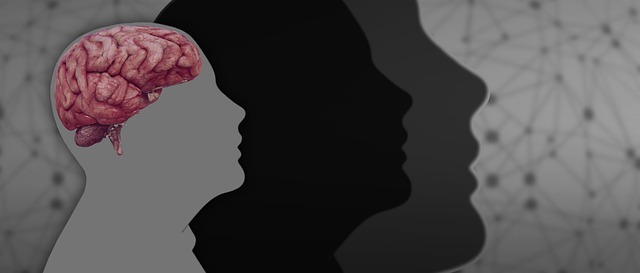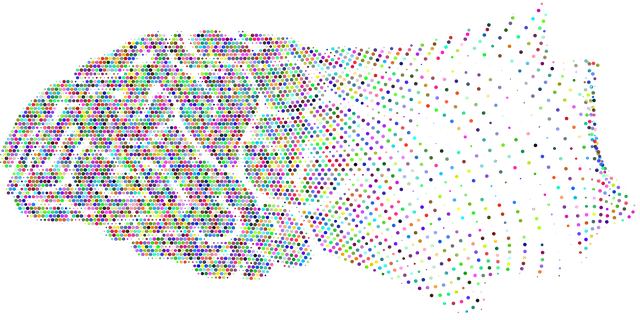Littleton International Adoptions Therapy (LIAT) prioritizes cultural sensitivity in mental healthcare, recognizing that cultural background significantly influences emotional well-being. Their approach includes crisis intervention strategies tailored to diverse norms, community outreach for trust building, and encouragement of culturally relevant self-care practices. LIAT bridges cultural gaps in mental health care, focusing on adoptees' resilience, identity challenges, and adjustment. Through training therapists to respect diverse backgrounds, beliefs, and traditions, they offer tailored services fostering trust and open communication. This comprehensive approach not only enhances therapeutic outcomes but also strengthens the bond between therapists and clients from various cultures.
Cultural sensitivity is an essential aspect of providing effective mental healthcare, ensuring diverse patient populations receive tailored support. This article explores the concept of cultural sensitivity in mental health practices and its impact on patient outcomes. We delve into the significance of understanding diverse cultural backgrounds and beliefs, specifically highlighting the role of Littleton International Adoptions Therapy as a framework for fostering culturally competent care. By implementing these practices, healthcare professionals can offer more inclusive and accessible services.
- Understanding Cultural Sensitivity in Mental Healthcare
- The Role of Littleton International Adoptions Therapy
- Implementing Culturally Competent Practices
Understanding Cultural Sensitivity in Mental Healthcare

Cultural sensitivity is a cornerstone in mental healthcare practice, reflecting an understanding that individuals’ experiences and perspectives are shaped by their unique cultural backgrounds. This concept goes beyond mere awareness; it involves adapting therapeutic approaches to resonate with clients from diverse communities. At Littleton International Adoptions Therapy, we recognize that cultural context plays a pivotal role in an individual’s emotional well-being and recovery journey.
By integrating crisis intervention guidance tailored to cultural norms, our team ensures that each client receives support that aligns with their identity and background. Additionally, we emphasize the importance of community outreach program implementation, fostering connections that promote understanding and trust. Moreover, encouraging self-care practices that are culturally relevant enables clients to engage in holistic healing processes that respect and celebrate their unique heritage.
The Role of Littleton International Adoptions Therapy

The Littleton International Adoptions Therapy (LIAT) plays a pivotal role in fostering cultural sensitivity within mental healthcare practices. This therapy approach recognizes that cultural background significantly influences an individual’s mental health and well-being, and it is designed to bridge the gap between diverse cultures and mental healthcare systems. LIAT focuses on developing inner strength and resilience, particularly among adoptees from different cultural backgrounds, by addressing unique challenges they may face related to identity, attachment, and adjustment.
By incorporating LIAT into mental health education programs design, healthcare providers can enhance their understanding of burnout prevention strategies for themselves and their clients. This therapy encourages professionals to adopt a culturally competent approach, promoting empathy and effective communication with individuals from various cultural communities. Moreover, the strategy empowers patients to navigate their personal journeys with strength, helping them thrive rather than just survive in a healthcare system that respects and values their cultural identities.
Implementing Culturally Competent Practices

Implementing Culturally Competent Practices is a vital step towards ensuring equitable mental healthcare for all. At Littleton International Adoptions Therapy, we understand that cultural sensitivity is not just a nice-to-have but a necessity in our diverse society. It involves recognizing and respecting individuals’ cultural backgrounds, beliefs, values, and traditions while providing tailored therapy services. This approach ensures that clients feel understood and accepted, fostering trust and open communication.
Our therapists are trained to incorporate mental wellness journaling exercises and guidance tailored to diverse populations. Additionally, we design mental health education programs that promote cultural awareness and compassion cultivation practices. By doing so, we empower individuals with the knowledge and skills to navigate their mental health journeys while staying true to their cultural identities. This comprehensive approach not only enhances therapeutic outcomes but also strengthens the bond between therapists and clients from various cultural backgrounds.
Cultural sensitivity is paramount in mental healthcare, ensuring every patient receives personalized, effective treatment. As diverse communities continue to shape our society, integrating culturally competent practices becomes essential. The Littleton International Adoptions Therapy serves as a powerful example, demonstrating how understanding cultural nuances can foster deeper connections and improve outcomes. By adopting inclusive strategies discussed in this article, mental health professionals can navigate the complexities of cultural differences, creating supportive environments that resonate with every individual’s unique background.














